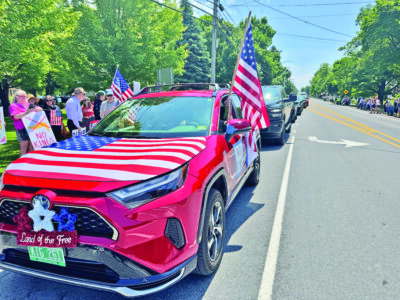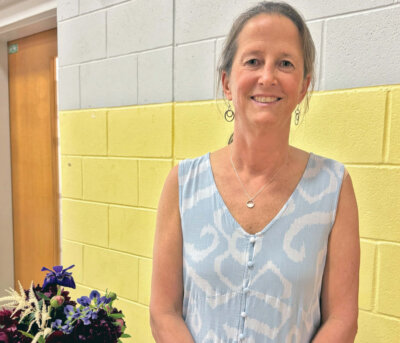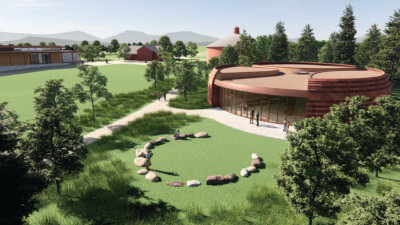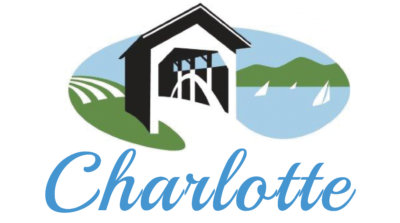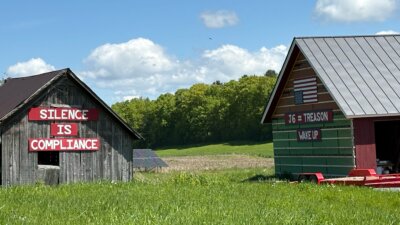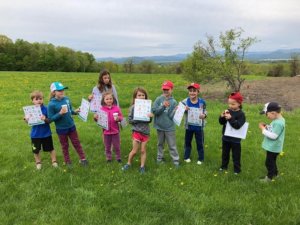Community Roundup
Rokeby Museum receives grant from the Trout Lily Foundation
Rokeby Museum has received a three-year $75,000 grant from the Trout Lily Foundation to support organizational work at the institution.
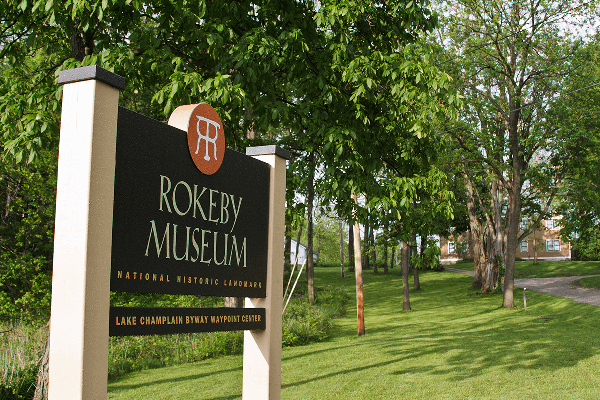 Beginning this year, the grant will be paid in $25,000 yearly installments and is intended to target the museum’s capacity-building and sustainability, including staff support, the preservation of the site, conservation/preservation and storage of the museum collections, and updates to the museum’s exhibitions.
Beginning this year, the grant will be paid in $25,000 yearly installments and is intended to target the museum’s capacity-building and sustainability, including staff support, the preservation of the site, conservation/preservation and storage of the museum collections, and updates to the museum’s exhibitions.
The funding will support ongoing and expanded staff work, including much-needed updates to the site’s interpretive signage and storage updates for the museum’s collection of Robinson family artifacts.
“With this work we will be able to enhance the visitor experience to Rokeby by sharing more information on the nationally significant Robinson family,” said Lindsay Varner, Rokeby Museum director.
For more information on Rokeby Museum visit the website.
Hannaford donates $100,000 to Age Well meal delivery program
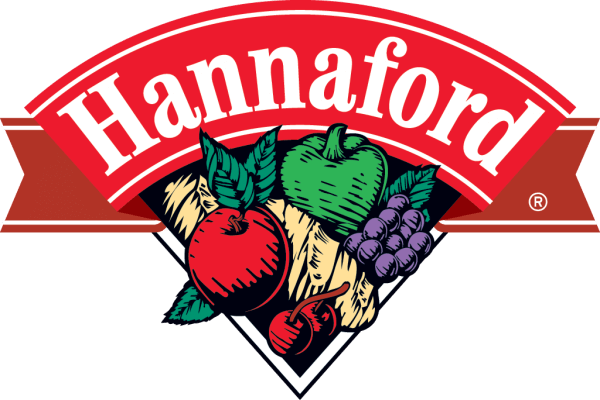 Hannaford Supermarkets and the Hannaford Charitable Foundation today announced a $100,000 donation to Age Well in support of its healthy meal delivery program, which prioritizes wholesome, fresh and nutritious foods as part of a comprehensive health care plan for older adults with chronic health conditions.
Hannaford Supermarkets and the Hannaford Charitable Foundation today announced a $100,000 donation to Age Well in support of its healthy meal delivery program, which prioritizes wholesome, fresh and nutritious foods as part of a comprehensive health care plan for older adults with chronic health conditions.
The donation is one component of a more than $1.5 million commitment from Hannaford to support healthy meal programs in New England and New York through its new Eat Well, Be Well — A Path to Better Health initiative. The program highlights the importance of nutritious food in achieving long-term wellness for food insecure individuals with a history of chronic illness.
“At Hannaford, we have long believed that wholesome, fresh food is a critical ingredient to ensuring the vitality of our communities,” said Hannaford Charitable Foundation Board chair Peter Forester.
The $100,000 donation to Age Well will support the introduction of a new component to the non-profit organization’s Meals on Wheels program, which delivers nutritious and balanced prepared meals to homebound older adults throughout Vermont.
In addition to their meal, program participants will now receive a snack as part of their daily delivery. The participants are broken into two sectors: the first group receives a nutritious snack tailored to their health conditions; and a second group which receives a different snack. Individuals will be monitored for results over the course of a one-year period to assess the impact of the nutritious snack on their overall health and wellness. All participants also take part in monthly meetings with a registered dietitian to help navigate best strategies to support the management of their chronic health condition.
Vermont 4-H seeks new members and volunteers
If you think that 4-H is just an agricultural program, think again.
Although that is partly true, according to Sarah Kleinman, University of Vermont Extension 4-H state program director, 4-H provides much more for youths, ages 5-18.
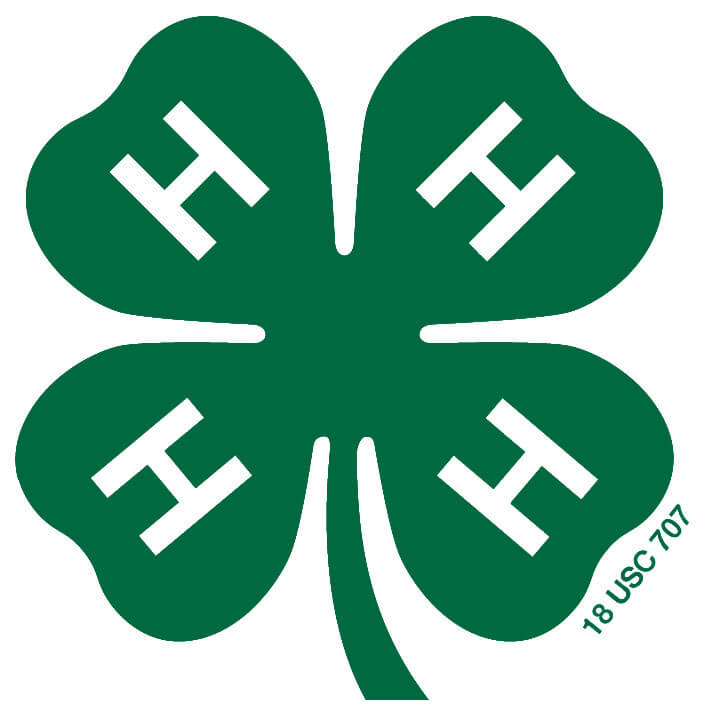 “The Vermont 4-H program offers all kinds of opportunities for young people to explore a passion, try something new and connect with their peers in a fun, supportive environment,” Kleinman said. “They can learn about coding and robotics, health and fitness, photography and the arts, among many other projects.”
“The Vermont 4-H program offers all kinds of opportunities for young people to explore a passion, try something new and connect with their peers in a fun, supportive environment,” Kleinman said. “They can learn about coding and robotics, health and fitness, photography and the arts, among many other projects.”
Agriculture continues to be an important part of 4-H with many club members enrolled in dairy, horse, working steer, poultry, sheep and beef projects.
“With its emphasis on learning by doing through club work, community service and local, county and state activities, 4-H also builds strong leadership, civic engagement and life skills. 4-H helps young people find their spark and opens the door to a pipeline that can lead to education and career,” Kleinman said.
In the next few months, many 4-H clubs will enroll new members as they gear up for the upcoming project year. Adult volunteers also are needed to support 4-H programming and events as well as organize and lead new clubs.
Older 4-H’ers also may volunteer to assist with events or be a teen leader in their club. And they may participate in teen leadership programs such as Teens Reaching Youth, a teen-led environmental education program, or the just-launched UVM 4–H Health HEROES (Health Education Resources for Outreach, Engagement and Service) program as a teen health and wellness ambassador.
Vermont 4-H also offers after-school programs and activities such as the Natural Resources Management Academy, teen science cafés and the Youth Environmental Summit, which engage non-4-H members. The latter is a full-day program designed to help middle and high school students find their voice and take action on environmental issues.
To learn more about joining a 4-H club or becoming an adult 4-H volunteer, contact Kleinman at 802-651-8343, ext. 521.
More giving out non-candy Halloween treats this year
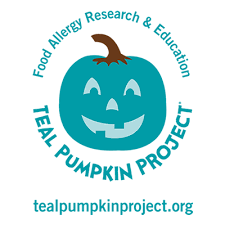 Halloween is fast approaching, and this year more trick-or-treaters are looking for inclusive treats than ever before. Recent studies found that one in 13 children suffer from a serious allergy, making Halloween more of a trick than a treat for some.
Halloween is fast approaching, and this year more trick-or-treaters are looking for inclusive treats than ever before. Recent studies found that one in 13 children suffer from a serious allergy, making Halloween more of a trick than a treat for some.
MedStar Health conducted a survey of adults taking part in Halloween festivities to better understand plans for the spooky holiday this year. Here’s an overview of the results:
45 percent of households will be giving out non-candy treats this year.
Handing out non-candy treats (such as small toys or stickers) can help avoid food allergies, intolerances or other medical conditions.
A majority of respondents plan on giving non-candy treats to better include children with diabetes or other medical conditions.
A majority of parents (nearly 75 percent) limit candy consumption on Halloween.
By limiting candy consumption, parents can help their kids avoid the dreaded sugar crash, along with health hazards such as stomach aches, vomiting and diarrhea.
Only 14 percent of adults know the meaning behind “teal” pumpkins.
Putting a teal pumpkin on your doorstep means you have non-food or allergy-safe treats available, promoting inclusion for trick-or-treaters with food allergies or other sensitivities.
Related Stories
Popular Stories
If you enjoy The Charlotte News, please consider making a donation. Your gift will help us produce more stories like this. The majority of our budget comes from charitable contributions. Your gift helps sustain The Charlotte News, keeping it a free service for everyone in town. Thank you.
Andrew Zehner, Board Chair



